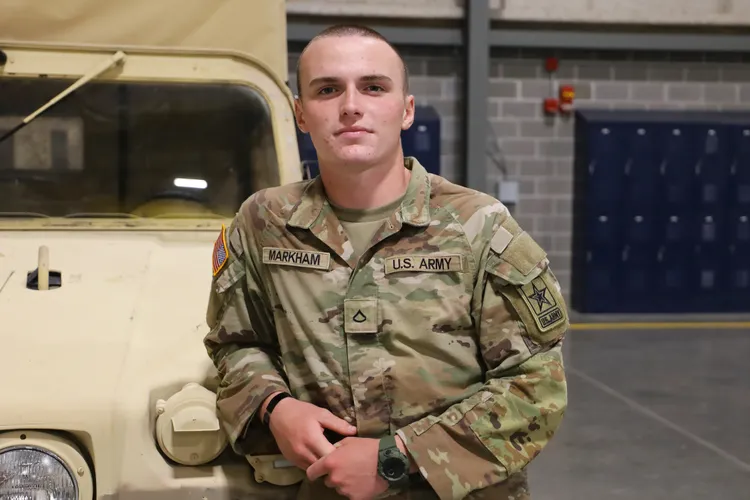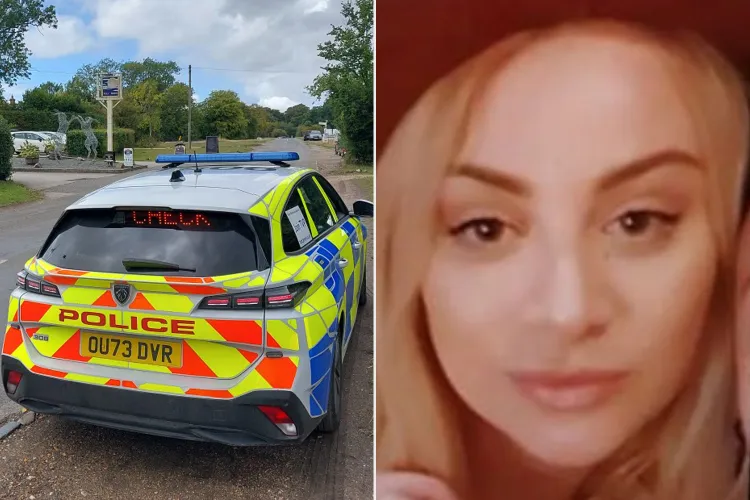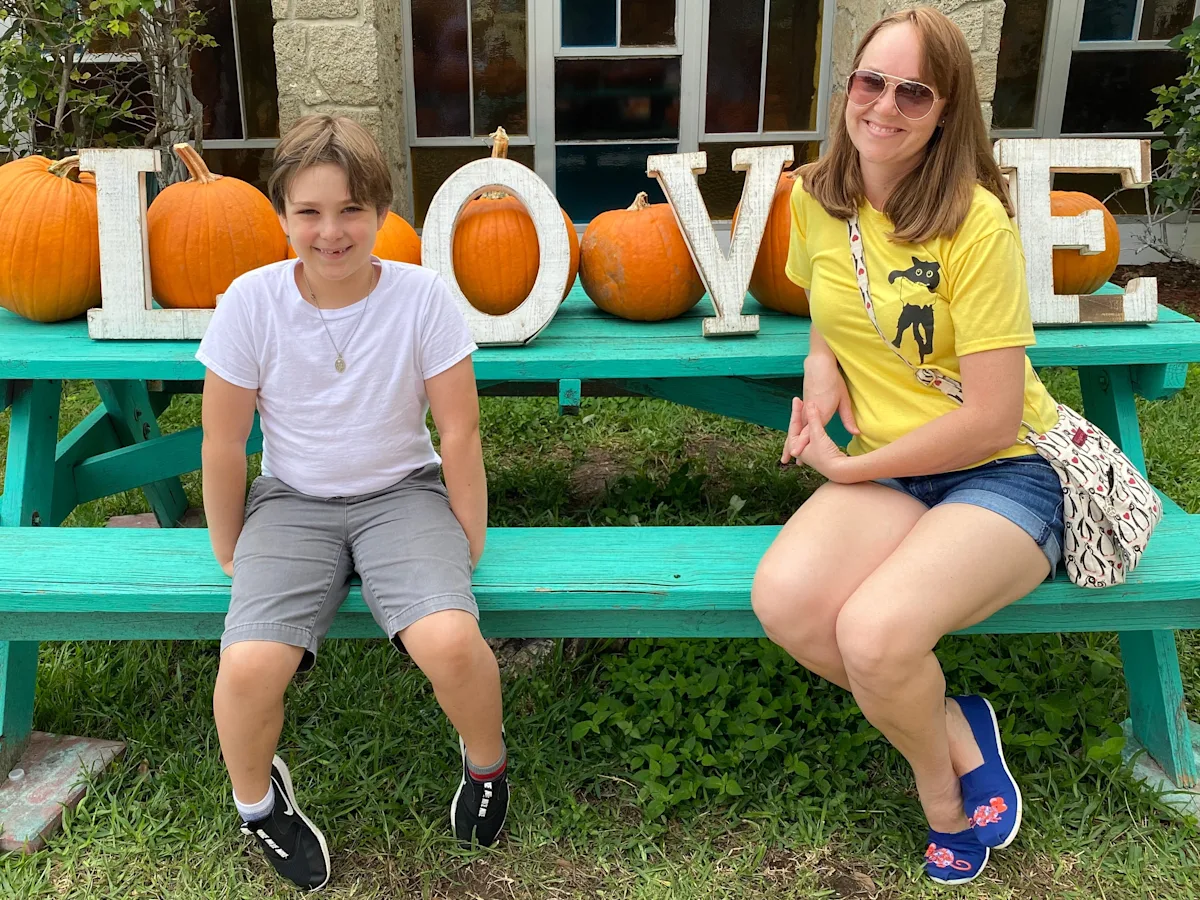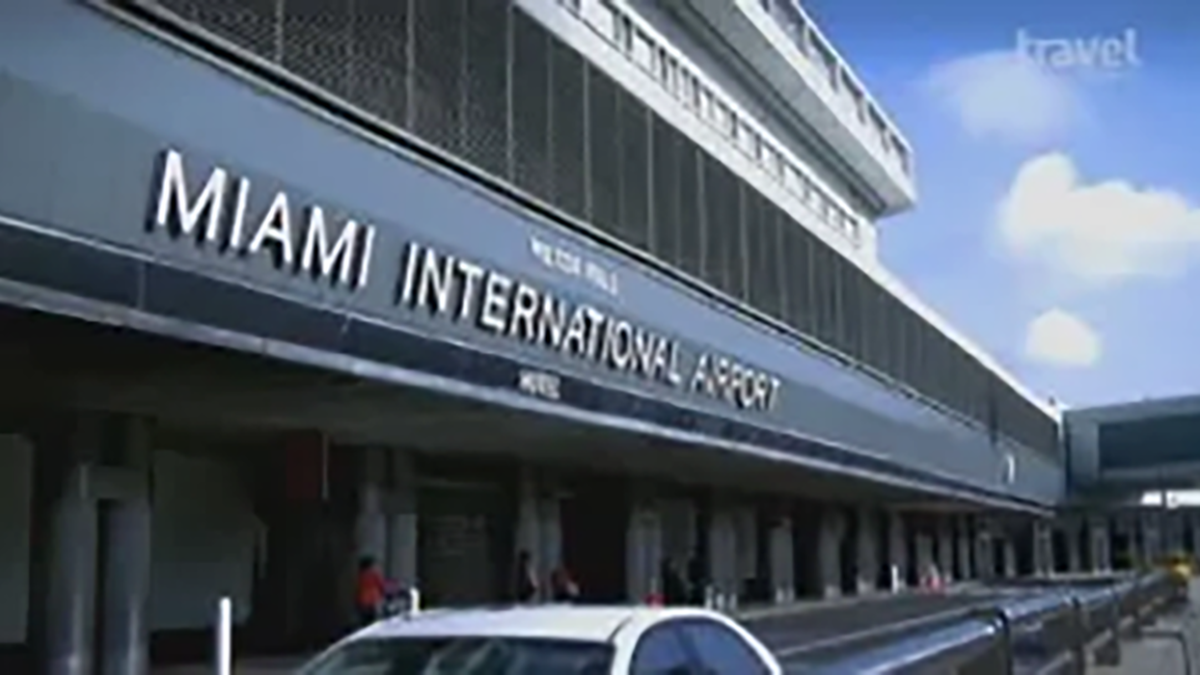A tragic school shooting in Minneapolis last week stirred raw emotions across the nation, but for Rosie O’Donnell, it sparked a misstep that ignited a firestorm. The comedian and outspoken Trump critic posted a video speculating that the shooter was a “Republican, MAGA person,” only to learn the truth was far different. Her swift apology, delivered with a mix of regret and defiance, has reignited debates about assumptions, accountability, and the deep divides in America’s political landscape. As the nation mourns, O’Donnell’s journey from outrage to remorse offers a window into the complexities of grief and public discourse.
A Horrific Day at Annunciation Catholic School

The tragedy unfolded on August 27, 2025, at Annunciation Catholic School in Minneapolis, where 23-year-old Robin Westman opened fire during a morning Mass. The attack left two children—eight-year-old Fletcher Merkel and 10-year-old Harper Moyski—dead, and 15 other children, aged six to 15, along with three parishioners in their 80s, wounded. Westman, who died by a self-inflicted gunshot as police arrived, left behind writings that revealed a deep hatred for President Donald Trump, including a call for his death scrawled on a firearm magazine. FBI Director Kash Patel labeled the attack an act of domestic terrorism, driven by anti-Catholic, anti-religious, and antisemitic ideologies, with phrases like “Israel must fall” and “Free Palestine” found among the shooter’s manifesto.
The shooting, shattering the sanctity of a church and school, evoked memories of past tragedies like Columbine, which O’Donnell referenced in her initial response. The loss of young lives and the targeting of a religious space sent shockwaves through Minneapolis and beyond, prompting an outpouring of grief and calls for action.
O’Donnell’s Emotional Misstep
On Thursday, August 28, 2025, Rosie O’Donnell took to TikTok to share her reaction to the shooting. “Saw about the Minnesota shooting, and it brought me right back to Columbine in 1999 when I just could not get it through my head that students in America were shooting each other in schools,” she said in a now-deleted video. She went further, speculating about the shooter’s identity: “What do you know? It was a white guy, Republican, MAGA person. What do you know? White supremacists.”
Her words, fueled by emotion and assumption, quickly drew backlash as details emerged that contradicted her claims. Westman’s anti-Trump writings and motives aligned not with MAGA ideology but with a different strain of extremism. The video, seen by thousands before its removal, sparked a wave of criticism online, with many accusing O’Donnell of jumping to conclusions and deepening political divides.
A Public Apology and Reflection
By Sunday, August 31, 2025, O’Donnell recognized her error and posted a new video on TikTok, addressing the uproar. “I knew a lot of you were very upset about the video I made before I went away for a few days,” she said, noting she hadn’t had time to read comments until then. “You are right. I did not do my due diligence before I made that emotional statement, and I said things about the shooter that were incorrect.”
O’Donnell admitted to assuming Westman fit a “standard MO” of “NRA-loving kind of gun people,” a stereotype she acknowledged was wrong. “Anyway, the truth is I messed up, and when you mess up, you fess up. I’m sorry,” she continued, captioning the video: “my apologies to maga for saying the school shooter was one of u – that is incorrect- i made a mistake – i didn’t research- im sorry- i assumed and thats always wrong.” Her apology, while heartfelt, drew mixed reactions, with some praising her accountability and others calling it insincere, dubbing it “the most unapologetic apology ever.”
In a direct response to a critic in the comments, O’Donnell wrote, “I was wrong – and I apologize – what more do [you] want?” Her words reflected a desire to move forward but also a frustration with the intensity of the backlash.
A History of Feud and Relocation
O’Donnell’s remarks and subsequent apology cannot be separated from her long-standing feud with President Donald Trump, which dates back to 2006 when she criticized him on The View over a Miss USA scandal. The animosity has persisted, with Trump recently threatening to revoke her U.S. citizenship after she moved to Ireland in January 2025 with her youngest child, Clay, citing emotional strain from Trump’s return to the White House. “I knew that it would really tax me emotionally to have to do that [live in Trump’s America],” she said in March. “So I’m very happy that we made the decision that we made.”
Her relocation to Ireland, where she now resides in the Dublin suburb of Howth, was partly motivated by concerns for her non-binary, autistic child’s safety in the U.S. political climate. O’Donnell has described Ireland as a place of “decency,” contrasting it with what she sees as America’s political turmoil. This context likely shaped her initial reaction to the shooting, reflecting her deep-seated distrust of certain political ideologies.
The Broader Impact and Ongoing Debate
The Minneapolis shooting and O’Donnell’s response have reignited conversations about gun violence, political polarization, and the rush to judgment in the age of social media. The tragedy joins a painful list of school shootings, with community leaders and officials like Pope Leo condemning the “pandemic of arms” and calling for prayer and action. Meanwhile, O’Donnell’s apology highlights the challenges of navigating raw emotions in a hyper-connected world, where a single post can amplify division or spark reflection.
For the families of Fletcher Merkel and Harper Moyski, the focus remains on healing and justice. The community’s grief is compounded by the complexity of Westman’s motives, which defy simple political labels. O’Donnell’s misstep, while a footnote in the larger tragedy, underscores the need for careful discourse in moments of crisis. As she herself put it, “I assumed, and that’s always wrong.” Her apology, imperfect to some, serves as a reminder that even in pain, accountability can pave the way for understanding—if only we pause to listen.





